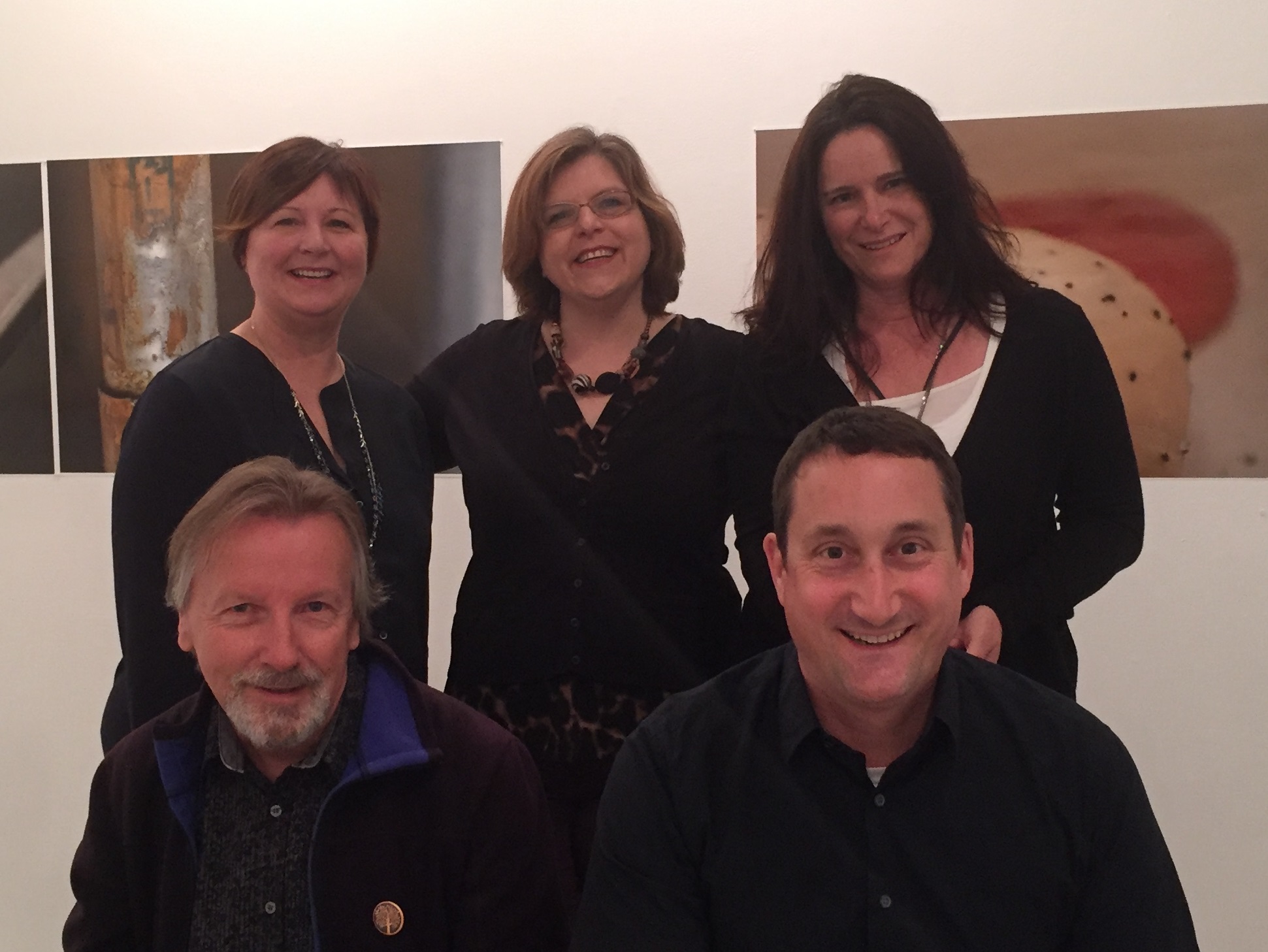Course Editing Team (March 2016)


*** UPDATED July 2021: This list is constantly changing, and will be maintained in the future by Danielle Collins on her OneTRU OLEditor page at one.tru.ca. We list course developers on the copyright pages of courses. OL style was updated in May 2018 to: Do not use periods between letters in degree acronyms. Include the…
Kudos to Mona Hall for researching and validating our house style! Ongoing PhD studies are not listed on the Copyright and Credits page of the course guide; therefore, do not include credentials such as: Title (year): Name, PhD(c) Title (year): Name, PhD(candidate) Title (year): Name, PhD(ABD) Title (year): Name, PhD(all but dissertation) See also APA’s The Misuse…
This week several editors attended an Editors Canada webinar: “Language Theory: What You’re Really Editing Is the Person” presented by Michael (Mike) Jones at the University of Calgary. He questioned if editors can be “advocates for the reader” (in the words of EAC President Anne Louise Mahoney), and together we examined the relationship between writer…
Attendees: Chris, Cory, Courtney, Dani, Justin, Mona, and Naomi Time: 11:00 am Location: OL344 Notetaker: Courtney Notes News (Naomi) January 15, 2020 Budget Meeting recap More or less business as usual Budget requests have neither been approved nor denied Increased OL enrolment but decreased on-campus enrollment Speexx language training tools are no longer stable in…
The Open Learning Faculty Member Guide will be revised in the near future. The resources specific to Blackboard Learn will be updated to the new LMS, and these guides to facilitation and technical tools may be collected with other resources on a web page or wiki to be maintained by OL Delivery Support.
Reflective practice is a valuable approach to editing. Reflecting critically on our work allows us to learn, innovate, and ultimately improve our courses. eCampusAlberta’s eLearning Rubric can be a valuable tool to self-assess the quality of our work: http://www.ecampusalberta.ca/files/rubricBooklet.pdf. Their rubric offers benchmarks for course design, accessibility, presentation, writing, learning activities, assessments, copyright, learner supports, etc. The checklist has many good ideas for course developers and editors: Some we…